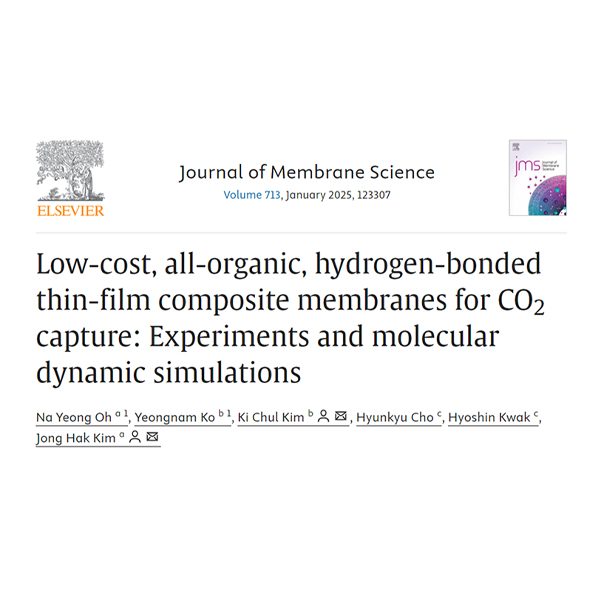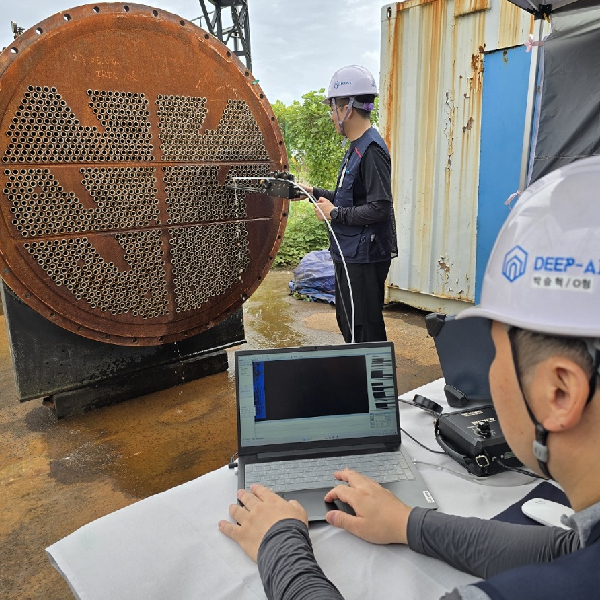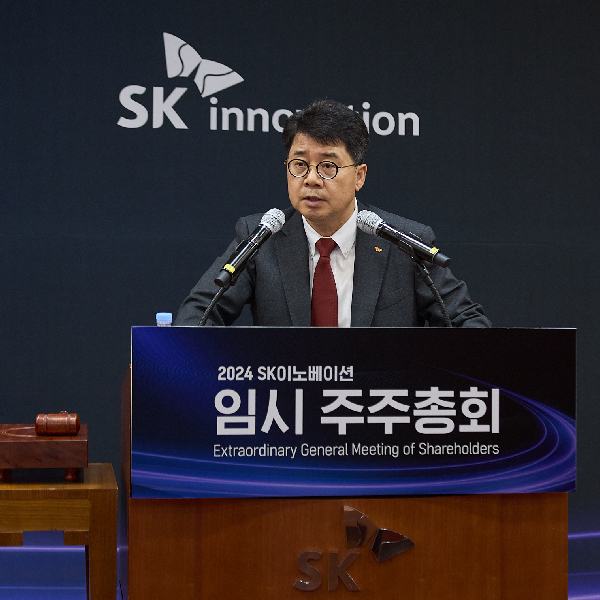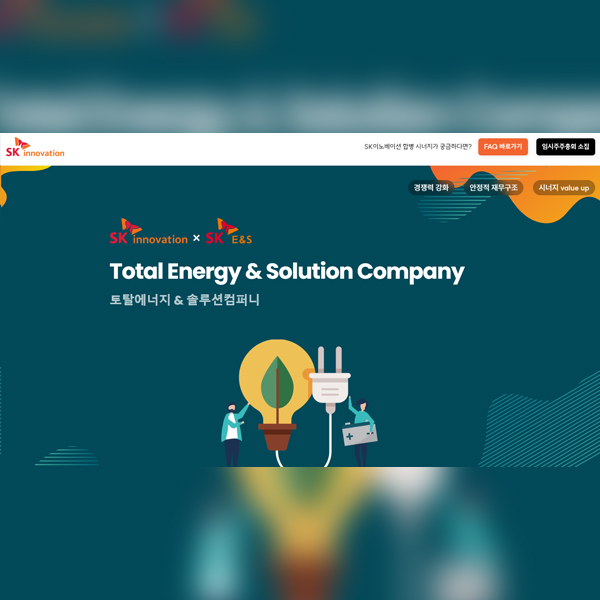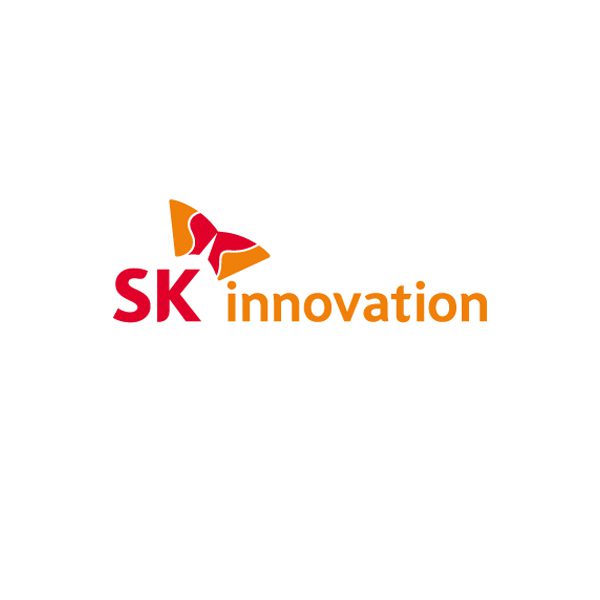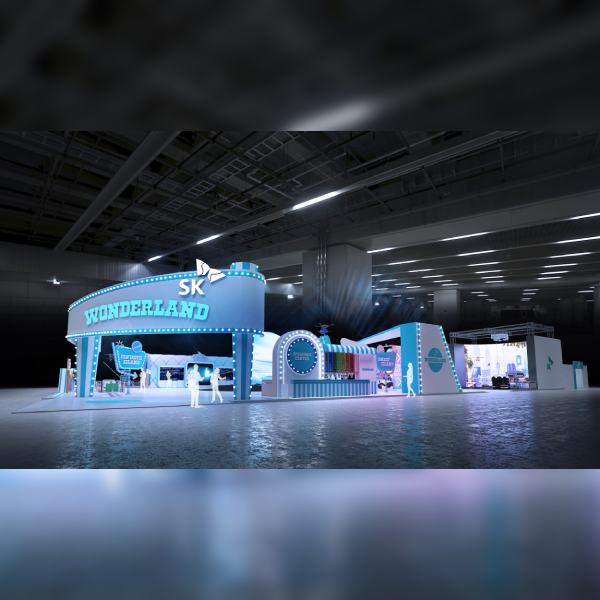 SK Innovation
SK Innovation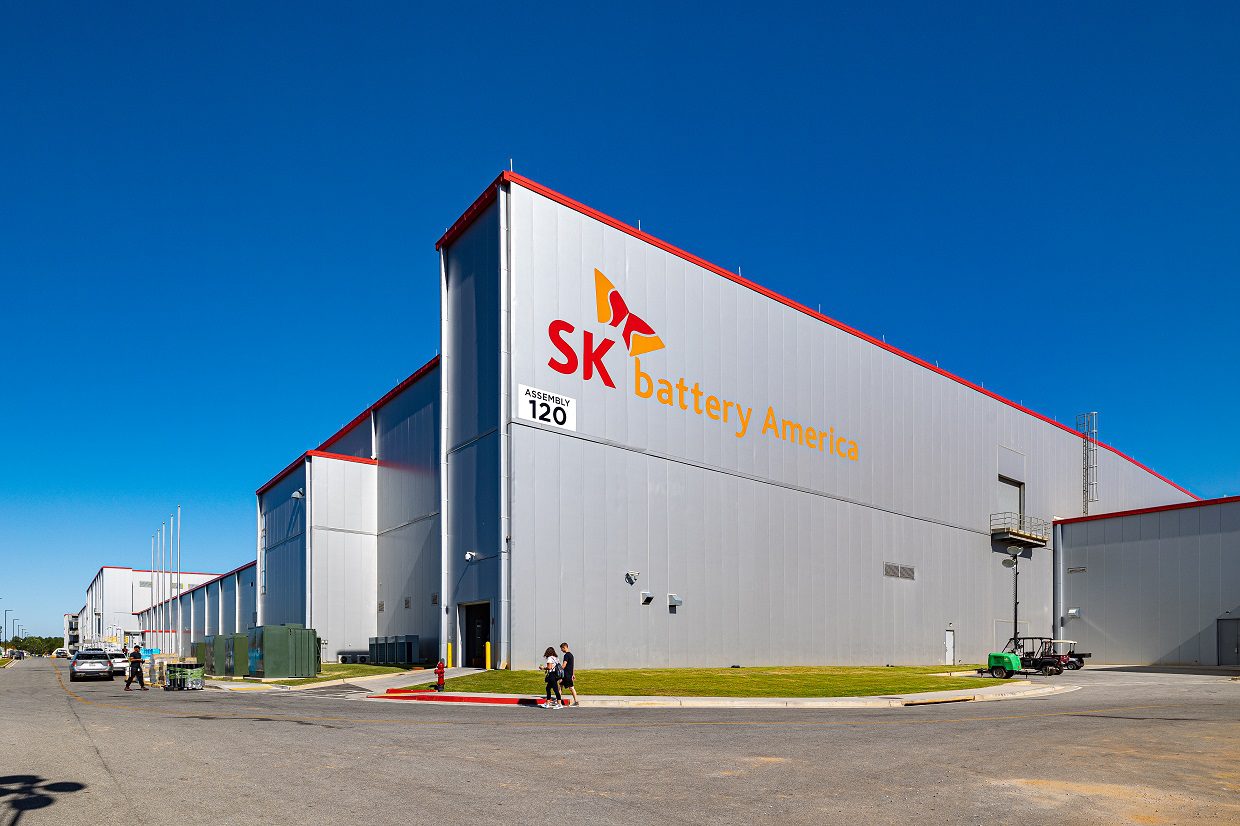
▲ A panoramic view of SK battery America.
SK On has claimed the No. 1 spot in the “Change the World” list announced by major U.S. economic magazine Fortune. This is the highest-ever ranking among global battery manufacturers.
Fortune on September 27 revealed “2023 Change the World” list that selected SK On with automakers Tesla, General Motors and electric vehicle charging station operator Chargepoint for a joint No. 1 spot as “The American Electrifiers.”
Since 2015, Fortune unveils annual ranking of about 50 Change the World listed companies after comprehensively assessing their positive environmental-social impact, business results and degree of innovation.
This year, 59 companies were named to the list from a short list of 250. In Asia, seven companies including SK On made the list with global giants like Walmart (No. 3), Apple (No.15) and Microsoft (No.24) also included.
SK On is the only South Korean company to be selected in this year’s list, while becoming the first Korean battery maker to be named in Fortune’s Change the World list.
Also with the joint No. 1 position, SK On also marked the highest ranking ever for a global battery manufacturer. Previously, Sweden’s Northvolt took the No. 8 spot in 2022 and China’s BYD claimed the No. 3 spot in 2019.
Fortune said that the four companies that shared the top spot because are “leading the EV revolution in one of the world’s most important net-zero missions.” It also evaluated that they are “leading the push to convert the world’s most car-happy nation to electric vehicles.”
In particular for SK On’s selection, Fortune said the company “has helped jump-start battery manufacturing in the U.S,” adding that “By 2025, those (SK On) facilities collectively will be producing batteries for about 1.5 million EVs a year.”
SK On is currently operating two plants in the state of Georgia. It is also building two plants in Kentucky and one plant in Tennessee with Ford, while also working to add a battery joint venture facility in Bartow County, Georgia, with Hyundai Motor Group.
Once these facilities are completed after 2025, SK On will have a battery production capacity over 180GWh in North America alone.
Since its entry to the state of Georgia in 2018, SK On has been spearheading the creation of the EV belt in the Southwest region of the U.S. Previously, Pat Wilson, Commissioner of the Georgia Department of Economic Development, said that SK “was the first mover when it comes to the creation of an American battery facility,” adding that “They did truly changes the landscape of battery production in the U.S.”
“This shows our leadership in the electrification of the U.S. has been recognized,” said an SK official on the No. 1 selection in the Fortune list. “SK On will continue to create social values with our battery technology and products that contribute to environment.”
SK On is moving forward as a global top-tier battery manufacturer under a mission of serving “electrification linchpin” that makes the world cleaner and convenient place.
SK On, one of the fastest growing global battery makers in the past five years, has been doubling its revenue with industry’s top-tier technology. The company’s technology prowess also recognized this year after claiming the Best of Innovation accolade at CES, the world’s largest IT-electronics expo, and winning the bronze award at the Edison Awards, one of the best programs honoring innovation in the U.S..
In particular, SK On has been putting its best efforts forward on the development of battery technologies contribute to environment to carry out its social responsibility. It has been working to develop highly efficient, high-capacity battery that boasts safety, fast charging, and long duration and supply to global automakers, so that the company can help minimizing air pollution caused by CO2 emissions.
SK On has been also an important role in SK Group’s plans to lead its environment-friendly business and achieving its carbon neutrality goals. Previously, SK Group Chairman Chey Tae-won said SK Group should contribute from its end by reducing 200 million tons of carbon emissions which is equivalent to 1% of the global carbon emissions reduction target (21 billion tons) set for 2030.
– SK On becomes first global battery manufacturer to win Edison Award










 Youtube
Youtube Facebook
Facebook Instagram
Instagram Linkedin
Linkedin









